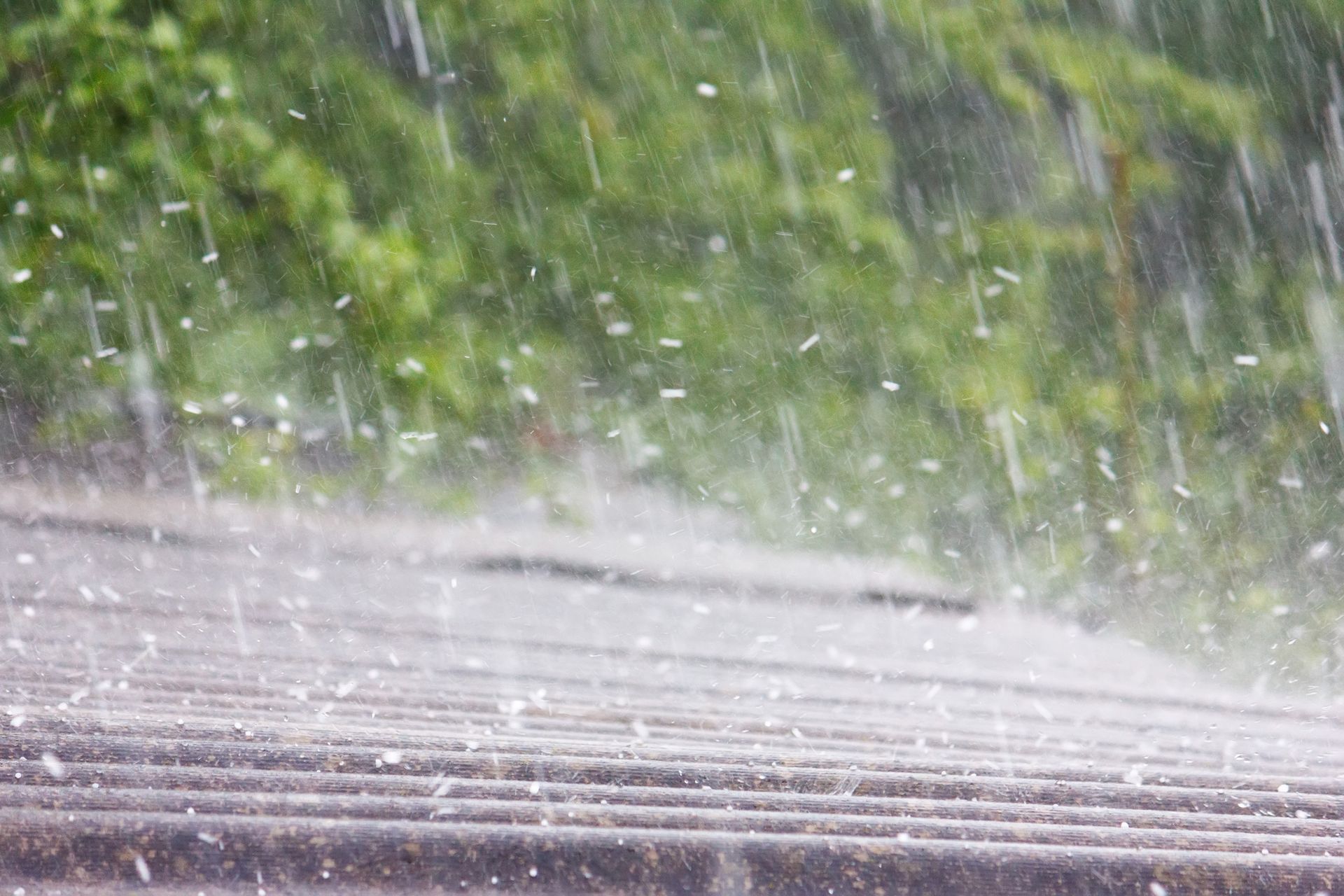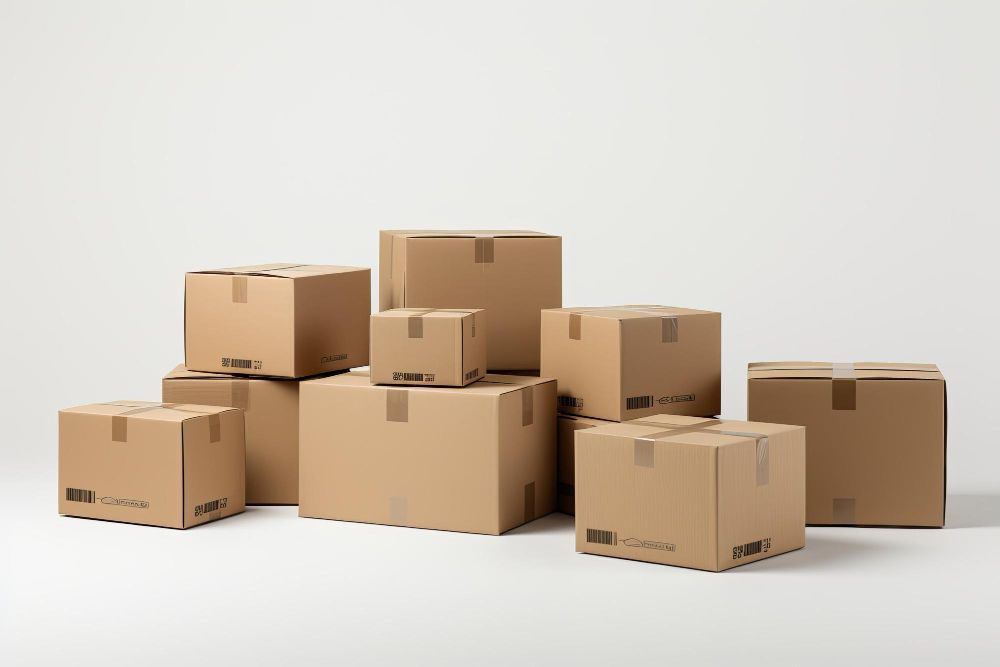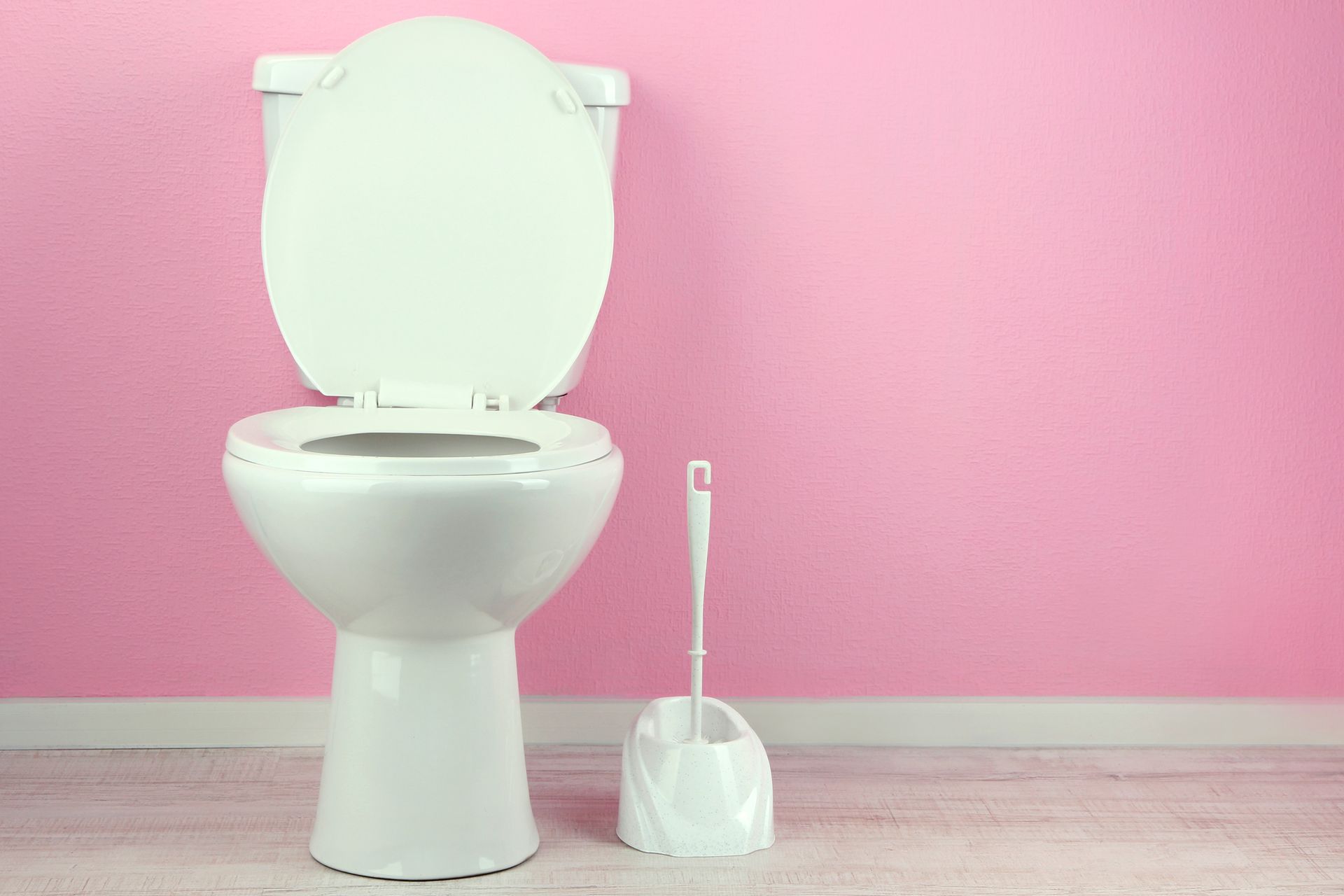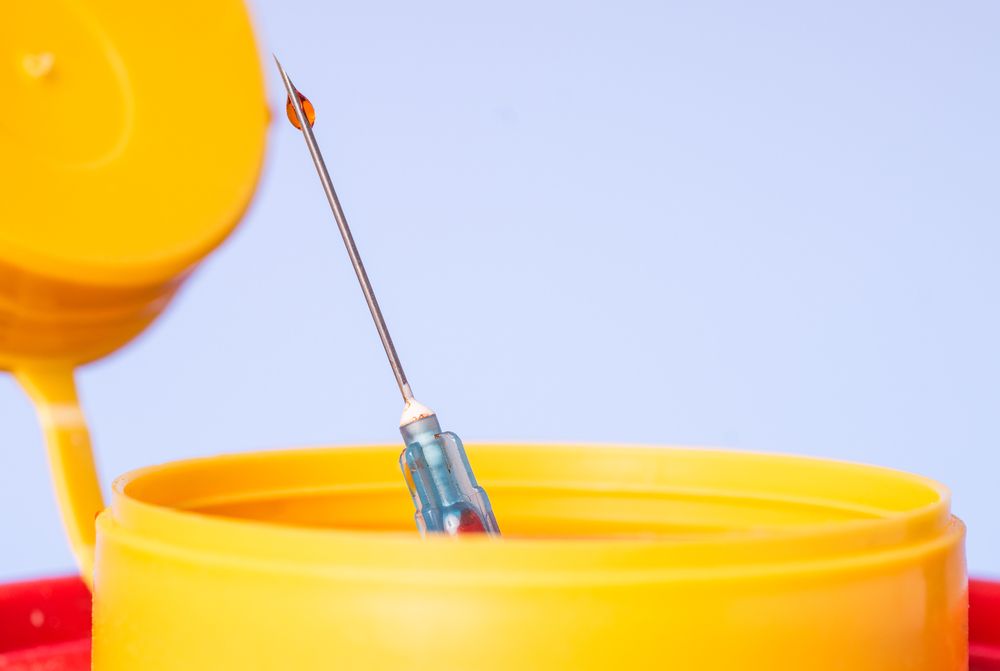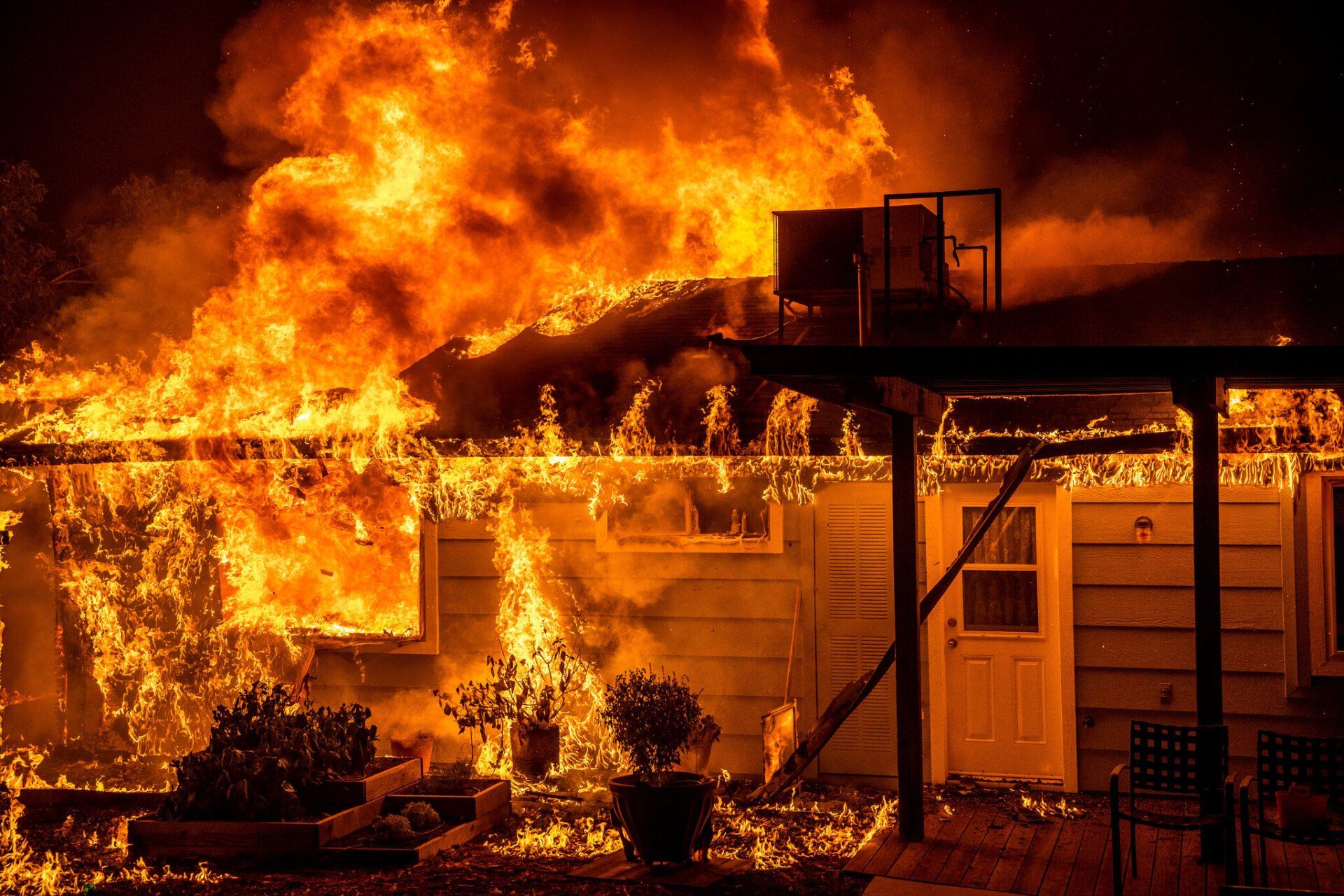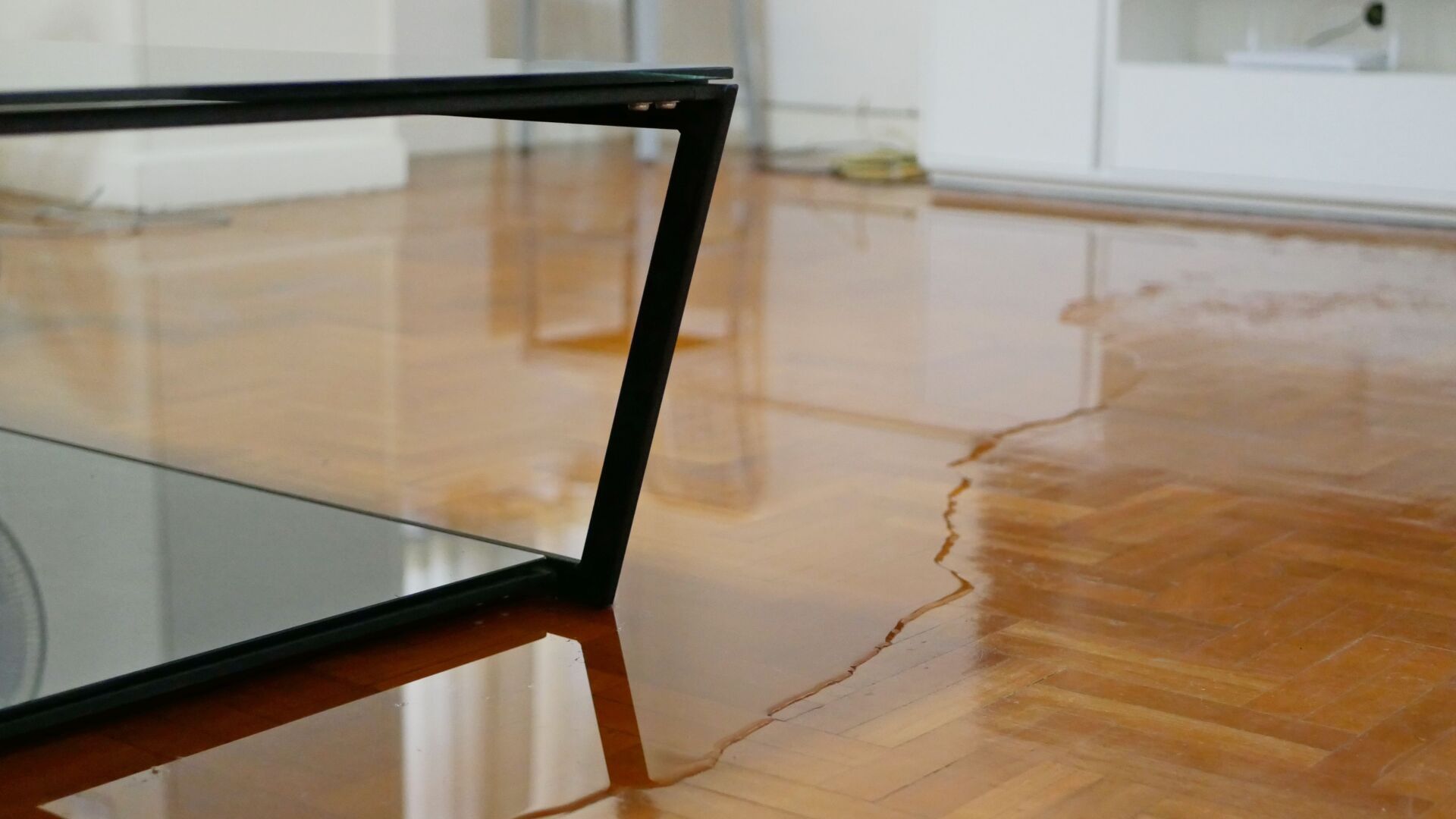If a Commercial Kitchen Floods, What Should You Do?
If a Commercial Kitchen Floods, What Should You Do?
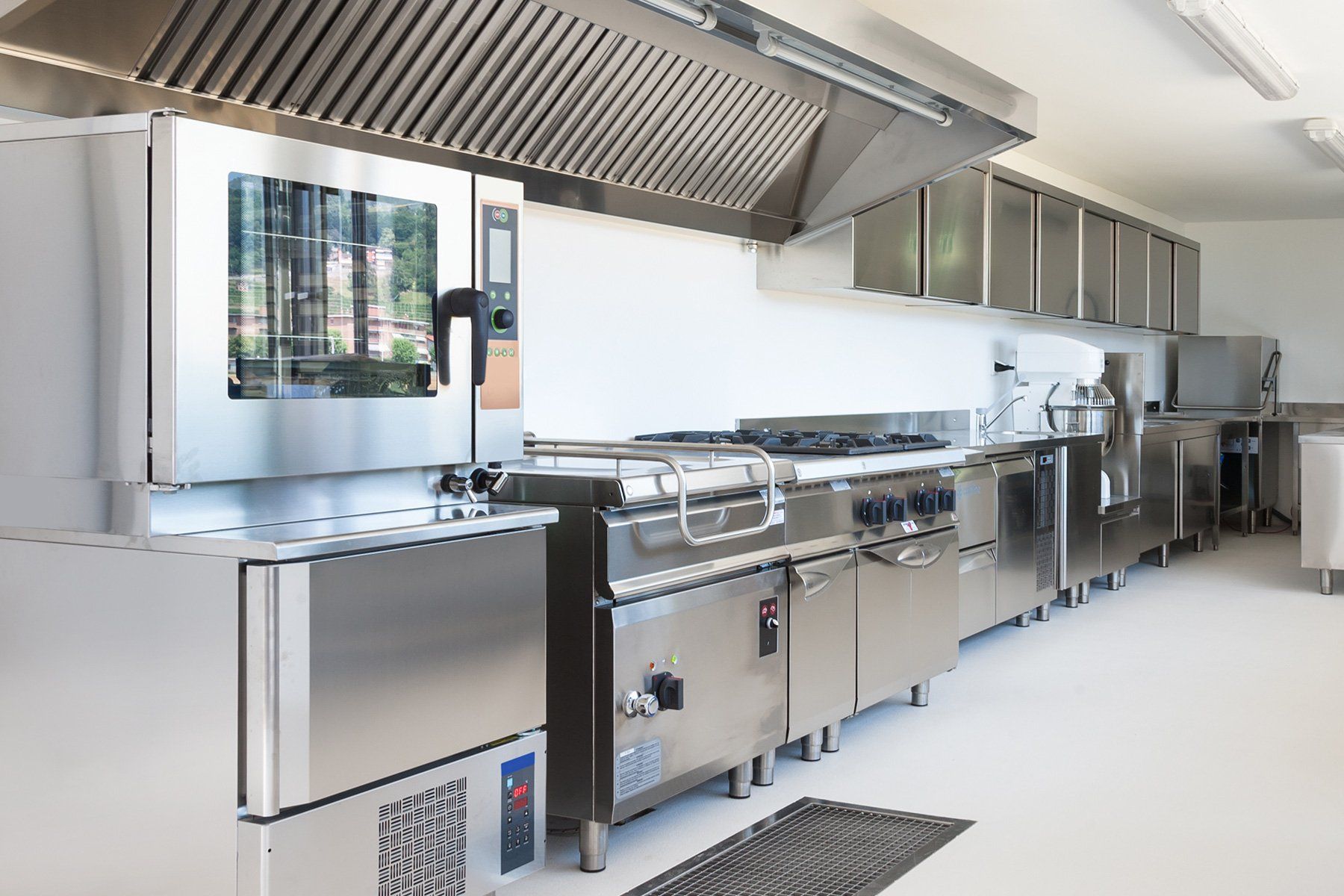
Building owners must create techniques to keep water out because most parts of the world experience heavy rain at some point. Water getting into your business and causing damage to everything it comes into contact with is the worst. You must maintain your kitchen secure among the many functioning zones.
Commercial kitchens are where you prepare meals for the building's tenants, especially if you own a hotel or restaurant. Fortunately, the suggestions below can help you deal with kitchen flooding.
Tip #1: Immediately turn off the fuse box.
Turn the fuse box off as soon as possible if your commercial kitchen floods. If the water level rises too quickly, it may come into contact with electrical equipment. People must not be permitted to wander around in water since it conducts electricity, resulting in electrocution.
Many commercial kitchen owners install higher-than-normal outlets and plugs in the case of a flood. Turn off the fuse box and avoid using the sockets till the water has retreated. An electrician should examine your wiring for signs of water damage.
Tip #2: Protect appliances and other electrical equipment by covering or removing them.
When the kitchen is flooded, all electrically powered cooking items or equipment must be covered or removed as soon as possible. Prepare for a flood by removing any electrical cooking equipment ahead of time to guarantee it is not damaged. It also reduces the cost of all flood-related damage, allowing cash to be directed to other parts of the kitchen for repair or improvement.
Tip #3: When cleaning up after a flood, wear protective gear.
If you don't have time to hire a professional cleaner, the kitchen and cleaning crews in your building can clear up the mess with mops and buckets. Allow them to clean up the kitchen flood, but make sure they're wearing safety gear like boots and gloves, as the water could be toxic.
You can only be cautious when removing the water from the kitchen because you never know where it originated from. The water may have come from the plumbing system, and it could have included a variety of dangerous pathogens. If you don't want your employees to become sick, make sure they're wearing the right cleaning gear. To cope with the flooding, it is normally best to consult a water damage restoration professional.
Tip #4: Stop the Water Leak at the Source
Even after hours of dumping the water, the water level in the kitchen remains the same. You might not have seen a specific spot where water is pouring, which is what is causing the flood to worsen. If the hole requires the use of cement or a particular sealer to keep water out, you may need to hire a contractor.
You can just cover the area with a rug until the contractor arrives if they are taking too long. It won't stop the leak completely, but it will keep the water out of the kitchen. When the professionals arrive, they'll be able to remove the rug and patch the hole properly, ultimately eliminating the problem.
Tip #5: Examine the property both before and after the restoration.
Hiring a building inspector to assess the structure's structural soundness is the simplest solution to prevent flooding in your kitchen. You may be unaware that your kitchen has significant damage that requires immediate attention. Small cracks or breaches in the walls, ceilings, or flooring might allow water to enter the kitchen, inflicting substantial and costly damage.
If your kitchen was unexpectedly flooded by the storm, you'll need to contact an inspector to figure out how the water got in. The water might have entered via flooded sewers or minor cracks in windows, or it could have flowed from drainage pipes. You should contact building inspection services as soon as possible because flooding can occur in a variety of places in the kitchen.
If your commercial kitchen or space has been flooded and you require restoration services, call Restoration 1 of Northwest Arkansas right away.
